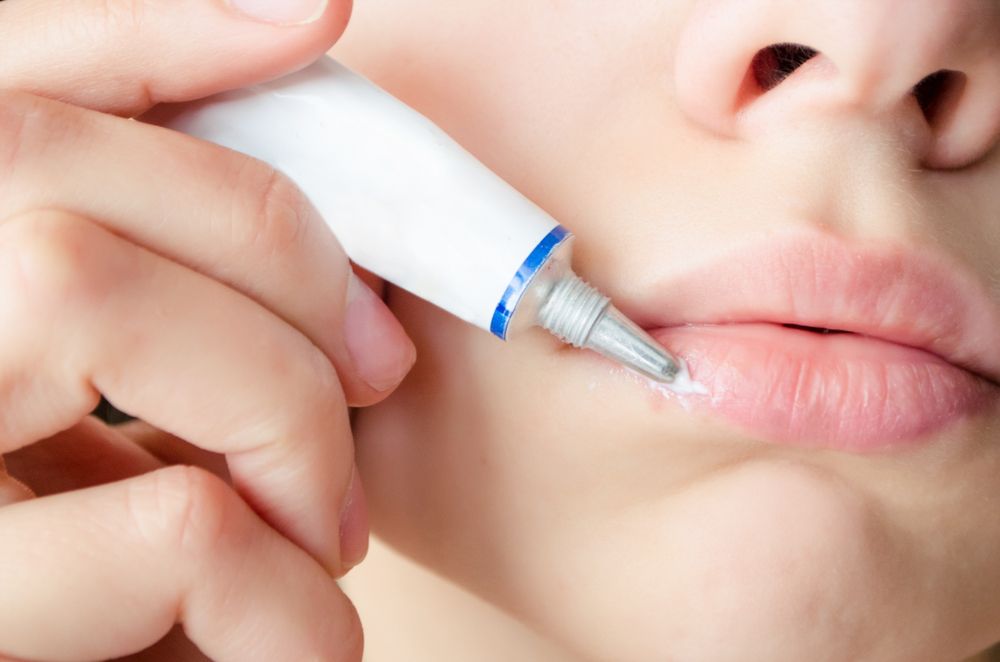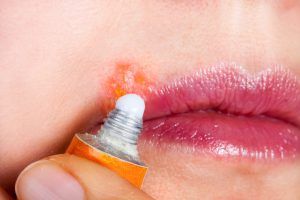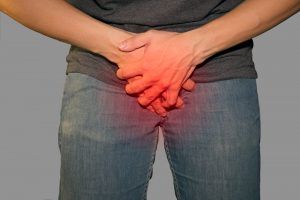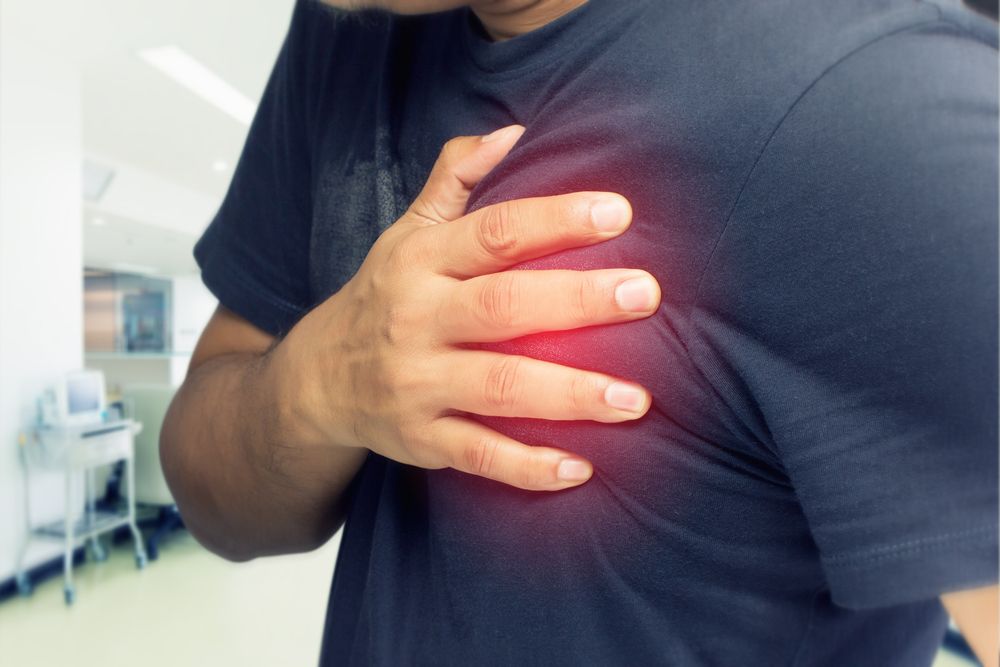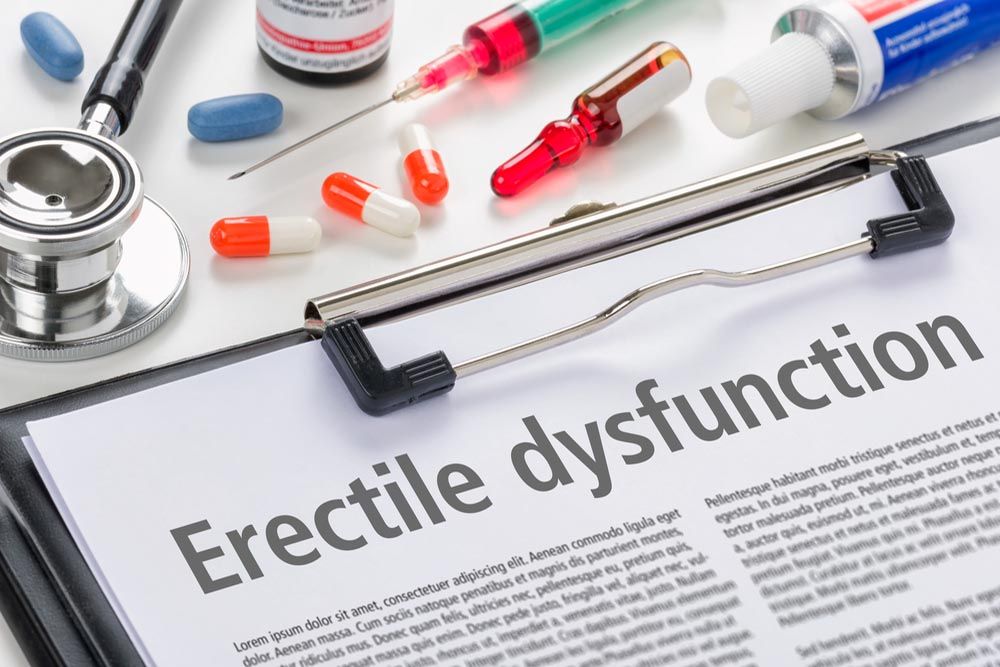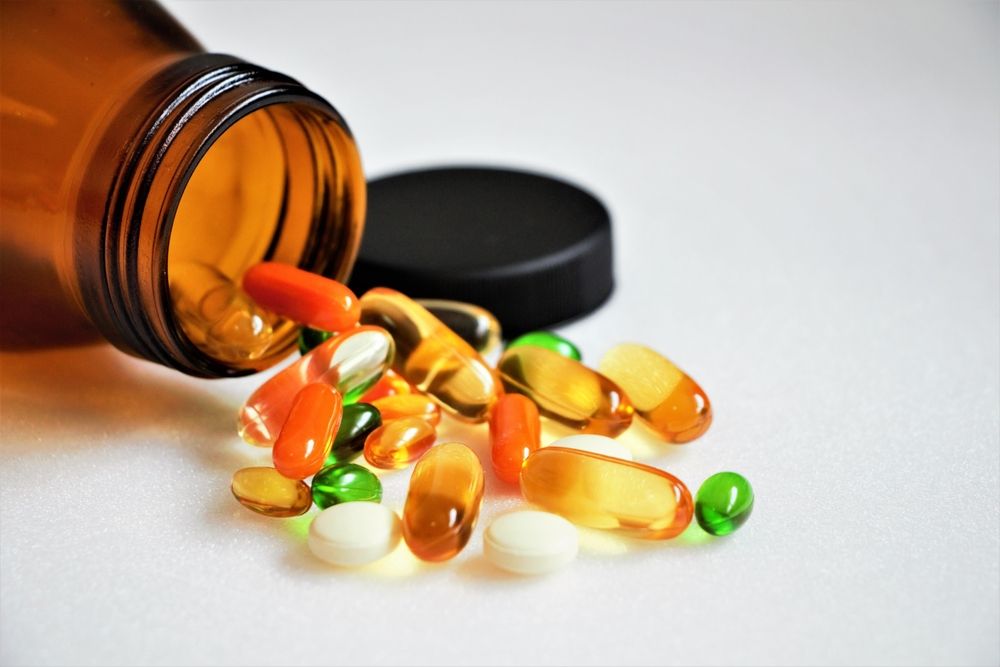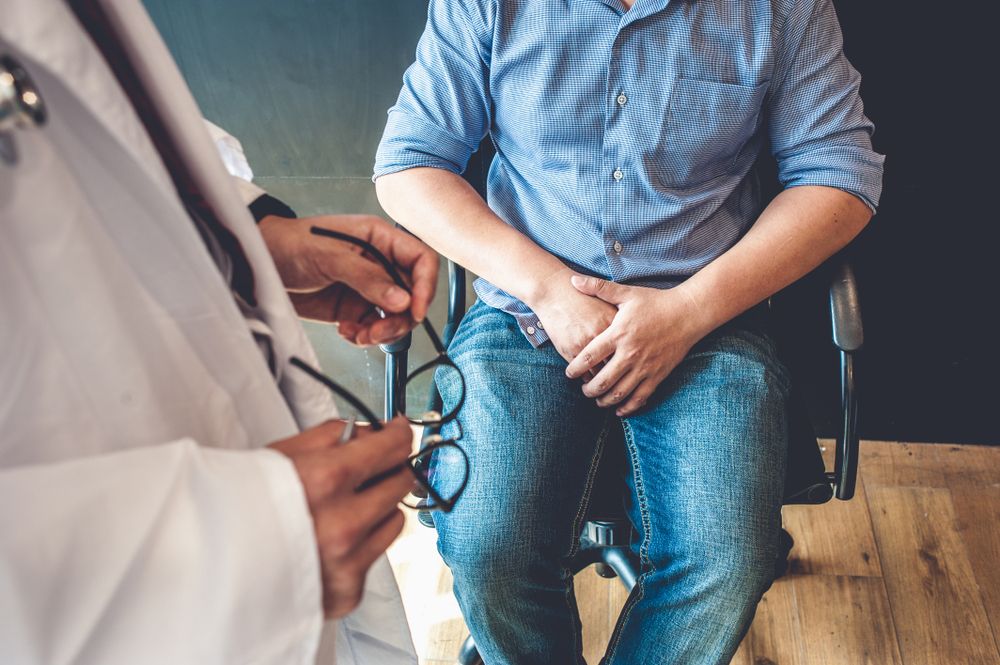The FDA has approved three antiviral medications for the treatment of genital herpes, and one comes in a cream form. (Learn More)
Antiviral creams may result in mild side effects or allergic reactions. (Learn More) Other FDA-approved antiviral medications for genital herpes include two oral medications (Learn More)
There is only one FDA-approved cream to treat oral herpes. (Learn More)
Most people who use creams to treat either form of herpes use them in one of two different approaches. (Learn More)
If you are able to recognize the factors that trigger an outbreak of herpes, you can more effectively use a cream or other treatment. (Learn More)
Herpes
The difference between the two strains of the herpes simplex virus (HSV) is that HSV-1 will usually result in sores around your mouth or on your lips (cold sores), whereas HSV-2 generally results in sores on the genitals. Oral herpes refers to HSV-1, and genital herpes refers to HSV-2.
There is no cure for the HSV infection, but there are options for treatment that can reduce some of the discomfort of herpes.
Over-the-Counter Remedies
Most sources do not recommend the use of ointments or creams that are purchased over the counter for genital herpes, as they typically do not have any effect.
Some over-the-counter therapies and creams may be effective for oral herpes, but there are better treatments available.
Acyclovir for Genital Herpes
There are three FDA-approved antiviral drugs that can be used in the treatment of genital herpes. One comes in a cream.
The antiviral medication acyclovir has been available as a topical application since the early 1980s. It can also be used in pill form. It is sold under the brand names Zovirax and Xerese (acyclovir and hydrocortisone).
Acyclovir has been found to be effective in treating genital herpes. It can be used daily for many years.
A 2015 meta-analytic study that included over 1,800 participants found that the use of an antiviral like acyclovir and a corticosteroid was more effective in treating herpes lesions than the use of the antiviral or a corticosteroid alone. Antivirals were also effective when used alone.
Side Effects of Acyclovir and Other Antiviral Creams
Topical antivirals may produce side effects. The following are the more common side effects:
- Dry or cracked areas of the skin
- Peeling
- Burning or stinging
- Swelling, redness, or other irritation where the medication is applied
Allergic reactions can occur. Symptoms can include rash, hives, itching, difficulty swallowing or breathing, and swelling of the face, lips, or throat.
Allergic reactions require immediate medical attention. If you experience an allergic reaction, contact your physician immediately or visit the emergency room.
Other FDA-Approved Treatments for Genital Herpes
The other FDA-approved treatments for genital herpes are antivirals that are typically taken orally for genital herpes. They often need to be taken more than once a day.
These medications include:
- Valtrex (valacyclovir), an oral form of acyclovir.
- Famciclovir (Famvir), an oral drug.
- Penciclovir, which is also available as a cream that is primarily used to treat oral herpes.
Oral Herpes
There are numerous over-the-counter medications that claim to treat oral herpes. The only FDA-approved over-the-counter cream for oral herpes is the antiviral Abreva (docosanol), which has been demonstrated to be effective in treating oral herpes lesions.
Two other topical antiviral medications can be prescribed for oral herpes:
Research studies find that both can help to speed up the healing process and reduce the viral activity in the lesions.
Other creams that are sold over the counter contain ingredients that may numb the area and produce temporary relief, but these may delay the healing process. They may also further irritate the lesions with repeated applications.
Ways to Use Creams for Herpes
In general, there are two different ways to use creams to treat herpes lesions.
- In the episodic therapy approach, the person applies the medication at the first sign of an outbreak and then continues to apply it for several days to speed the healing process or prevent a full outbreak. This may shorten the amount of time the symptoms are present.
- In the suppressive therapy method, people continue to use the medication on a regular basis to prevent outbreaks. This is most often used to prevent outbreaks of genital herpes. It is more applicable to the use of oral medications, but it may also be applied to antiviral creams.
The majority of people who use topical treatments for herpes (the use of creams) use the episodic approach.
If you have genital herpes, you may benefit by using a suppressive therapy approach, particularly if you know what factors can trigger your outbreak.
Triggers
People who are affected with herpes recognize that there are certain factors that seem to activate or reactivate their HSV symptoms.
There can be numerous different types of factors that may be responsible for triggering herpes outbreaks, and they are often highly individualized. They might include the following:
- Stress
- Certain types of illnesses
- Specific types of medications, such as steroids
- Not paying attention to diet
- Friction in the affected area, usually the genital area
- Prolonged exposure to sunlight, usually associated with oral herpes
When you recognize there are certain triggers that may exacerbate your herpes outbreaks, you can engage in suppressive therapy. You can also manage the triggers by limiting your exposure to them. This may help to reduce the frequency of outbreaks.
References
Symptoms, Causes, and Treatment for Herpes. (November 2017). Medical News Today.
Acyclovir. (July 2017). MedlinePlus.
Effectiveness of Topical Corticosteroids in Addition to Antiviral Therapy in the Management of Recurrent Herpes Labialis: A Systematic Review and Meta-Analysis. (July 2015). BMC Infectious Diseases.
Valtrex. (October 2018). RxList.
Famciclovir. (December 2017). MedlinePlus.
Abreva. (December 2018). RxList.

